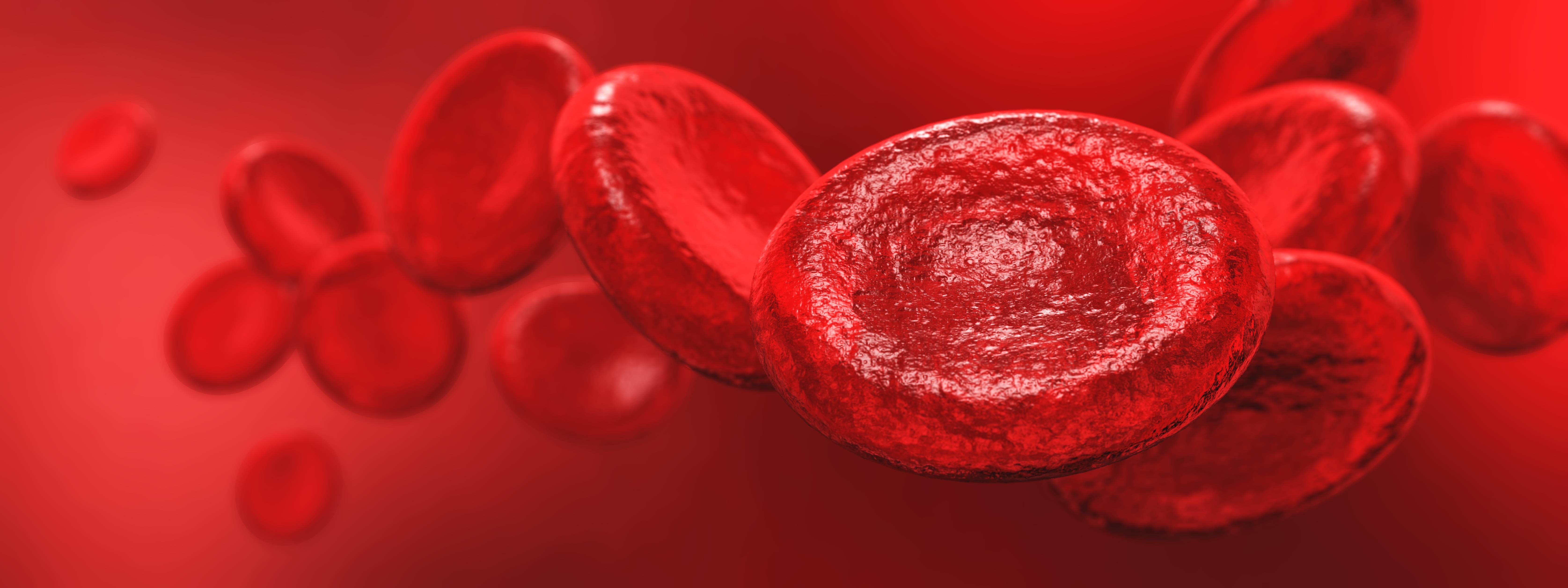
Autoimmune Diseases
Latest News
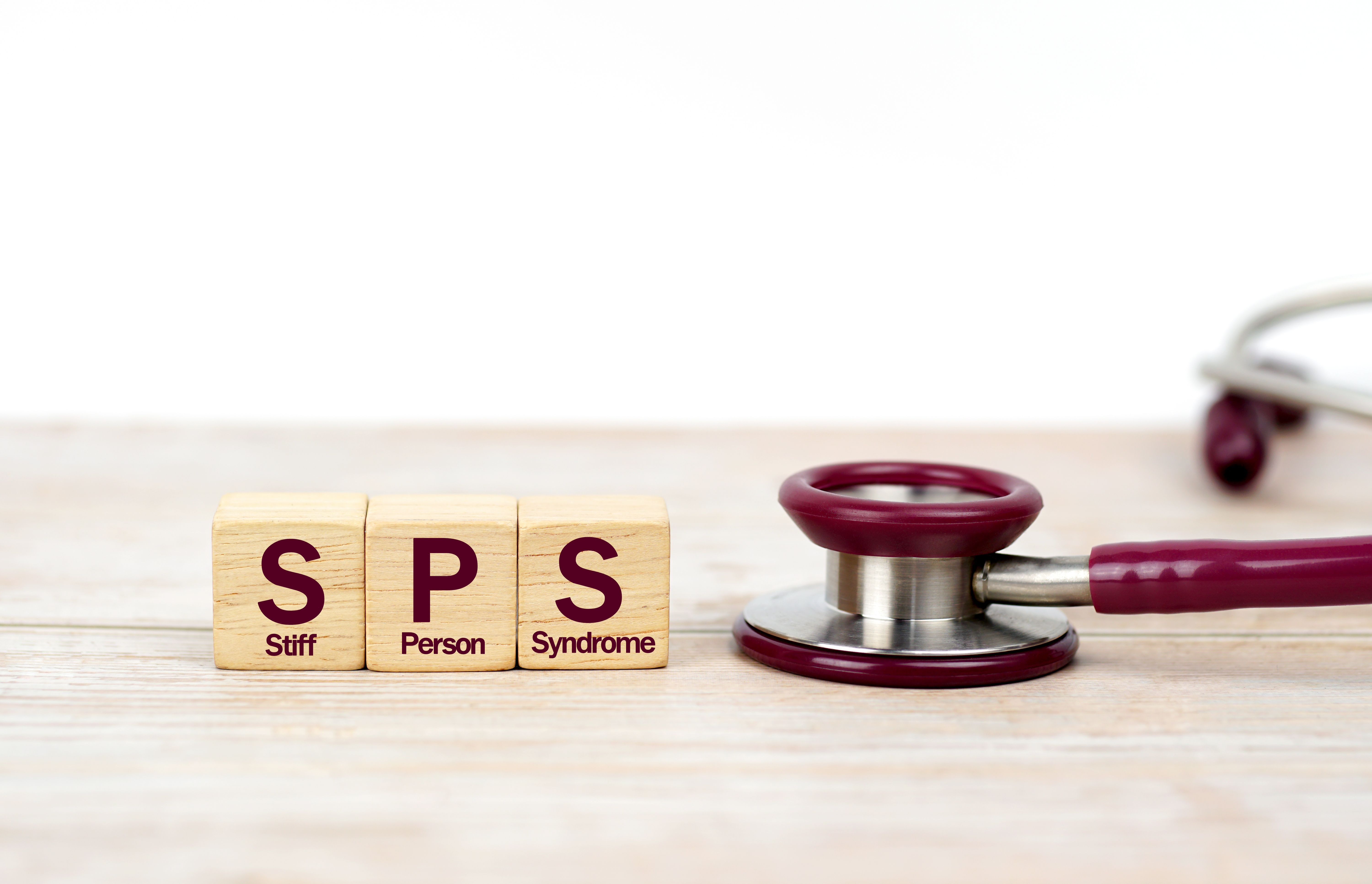
Video Series
Latest Videos
CME Content
More News
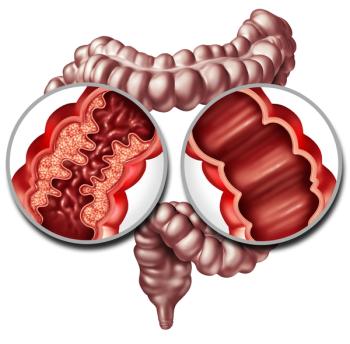
The American Gastroenterological Association has released updated guidelines for treating moderate-to-severe Crohn’s disease, outlining 16 evidence-based recommendations that prioritize advanced therapies and reflect new medication approvals since 2021.
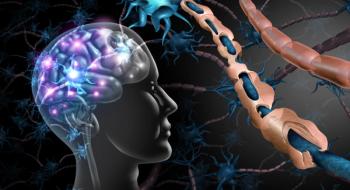
Results from two studies show that fenebrutinib significantly reduced relapses and slowed disease progression when compared with currently available treatments.

New interim safety and efficacy data for primary biliary cholangitis (PBC) treatment Livdelzi (seladelpar) demonstrates sustained itch relief and the potential to slow disease progression.
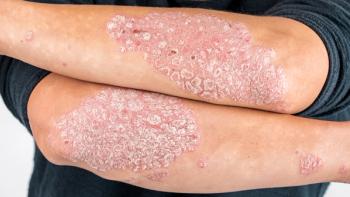
Early childhood stressors, like divorce, could increase the risk of developing psoriasis later in life, highlighting the importance of emotional well-being, according to the results of a recent Swedish study.
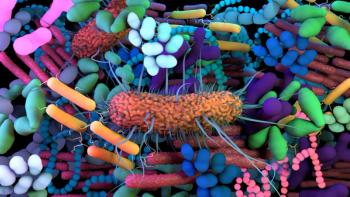
A greater understanding of the association between multiple sclerosis (MS) and the oral microbiome may lead to less invasive dialogistic markers and novel treatment options for patients, according to this recent study by researchers at the University of Iowa Health Care.

Three researchers have been awarded the Nobel Prize in Physiology or Medicine 2025 for the discovery of regulatory T cells, the FOXP3 gene mutation and the role they play within autoimmune diseases.

The exact cause of amyotrophic lateral sclerosis (ALS) has long remained a mystery, but new research demonstrates that there is an autoimmune component to the disease.

Rhapsido is the first and only Bruton’s tyrosine kinase (BTK) inhibitor approved for chronic spontaneous urticaria (CSU).

Tremfya is now the first and only fully subcutaneous IL-23 inhibitor approved to treat both ulcerative colitis and Crohn’s disease.

Elevated levels of the gut hormone GLP-1 and its receptor may worsen brain inflammation and trigger severe symptoms in patients with neuromyelitis optica spectrum disorder (NMOSD), suggesting GLP-1 drugs could pose risks for this rare autoimmune disease.

Results show that GLP-1s may address rheumatoid arthritis (RA) symptoms, independent of established weight loss and cardiac benefits, by reducing the systemic, chronic inflammation associated with RA.

Early immune aging signals emerge in individuals at risk for rheumatoid arthritis, highlighting potential pathways for early intervention and disease prevention.

Veena Joy, U.S. Lead for Strategic Partnerships, Allergy and Autoimmunity at Thermo Fisher Scientific, discusses the latest in autoimmune disease research and explains why it’s a “good storm,” but not a perfect one.
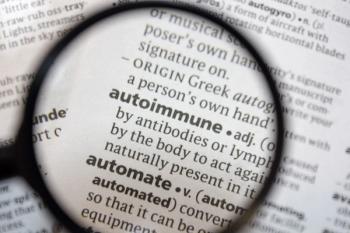
A scleroderma patient in a Sylvester Comprehensive Cancer Center trial was recently successfully treated with CAR T-cell lymphoma therapy, in what researchers are calling an “immunological reset.”

Autoimmune diseases, such as vitiligo, celiac disease and rheumatoid arthritis, are not tied to aluminum exposure from vaccines, according to a nationwide cohort study of approximately 1.2 million children done in Denmark.

The prevalence of autoimmune disease patients with a mental health disorder is almost twice the number of patients without, suggesting there is a link between inflammation and conditions such as depression, anxiety disorder and bipolar disorder.

Extreme weather leads to autoimmune disease flare-ups, which can cause a loss of refrigerated medication, according to the results of recent research from the Autoimmune Association.
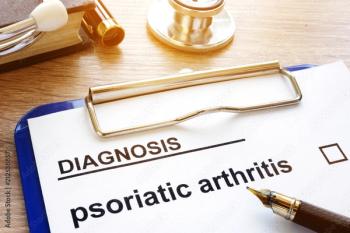
The IV formulation, a monthly 30-minute, weight-based dosing option, has a wholesale acquisition cost of $2,115 per vial. It will be available in the fourth quarter.

Feelings of depression and stress are partly to blame for lower fitness levels among people with rheumatoid arthritis.

The results argue for close clinical management of people with rheumatoid arthritis, say the authors of the meta-analysis that included 14 studies.
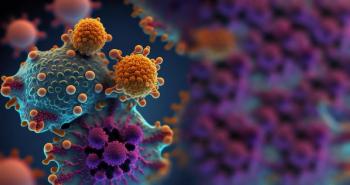
Manipulating T cells to target cancer cells has worked to treat some cancers. Researchers are investigating whether the same approach might be used to curb the dysregulated immune response that underlies autoimmune disease.

New analyses shed light on decreased hearing in people with Graves’ disease and thyroid eye disease.

Rates of Graves’ disease, celiac disease, and Sjögren’s syndrome doubled in the United Kingdom between 2000 and 2019.

Low-to-moderate doses of prednisone appear to lessen rates of nausea and other side effects in patients taking methotrexate, a new study found.
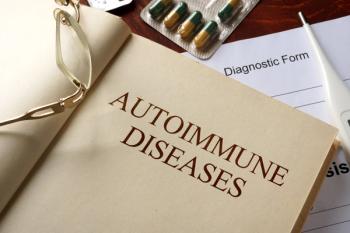
Stimulating PD-1 is a novel approach to treating rheumatoid arthritis, but the strategy could be a fit for other autoimmune diseases.

